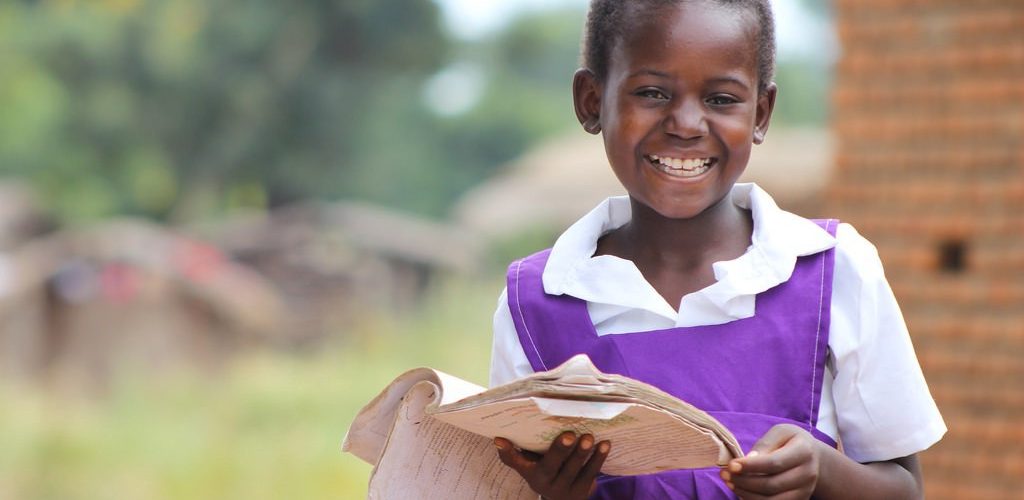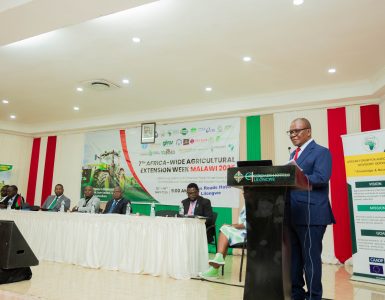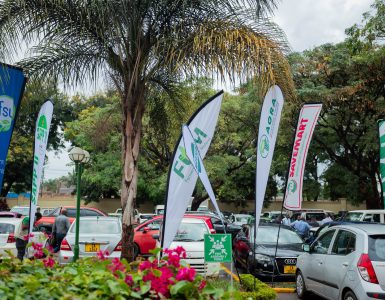No fewer than 9.5 million pupils in 56, 000 public primary schools across the Nigeria are currently benefiting from the Federal government National Home–Grown School Feeding Programme.
Special Adviser to the President on Social Investments, Mrs Maryam Uwais, who disclosed this in Abuja on last week, said that the programme provides one nutritious and balanced meal for 200 school days for about 12 million pupils in classes one to three in public primary schools. She spoke during the opening of a two day capacity building workshop for the use of the “School meal planner for developing meals on the National Home–Grown School Feeding Programme organised by the African Union Development Agency–NEPAD.
Mrs Uwais also revealed that about 872,700 household figures of clean data comprising 3, 492, 001 individuals from 28 states are benefitting from the programme, adding that the federal government has enrolled care–givers from 422, 992 households being paid in 26 states, including the Borno IDP camps.
The Special Adviser also said that the government enterprise and empowerment programme is providing financial support and training to small businesses, traders, farmers and artisans at the bottom of the financial pyramid in every state across Nigeria.
“We have been able to cumulatively provide loans to 1, 707, 932 beneficiaries across three products; the MarketMoni, FarmerMoni and TraderMoni with the support of the Bank of Industry, who manages the programme on behalf of our office.
“N–Power is the employability and enhancement programme of the federal government aimed at imbibing the learn/work entrepreneurship culture in youth between the ages
of 18 –35. For graduate volunteers, 500, 000 youth are deployed to serve in the teaching, health and agricultural sector.
“Technology devices are made available to the N–Power volunteers, which content facilitates continuous learning; to enable them successfully implement the selected vocation thereby encouraging entrepreneurship and self–reliance. For non–graduate volunteers, 26, 000 have been trained and are serving in the automobile, building, hospitality and technology (hardware and software) sectors in 36 states and the FCT,” she added.
Earlier, Ms Boitshepo Bibi Giyose, Senior Nutrition Advisor at AUDA–NEPAD called on the federal government to enact a law that will sustain the school feeding programme as is currently done in Ghana.
“AUDA–NEPAD started the school feeding programme in 2003 in some African countries and Nigeria was one of them. I am coming here to support the country in developing a tool for designing nutritious school meal.
“For the sustainability of the programme, Nigeria both at the federal and state levels to ensure that there are enough investment not only financially, but with a capacity to design, redesign and evaluate the programme with a view of putting in place mechanism for sustainability,” she added. The programme is designed to increase
enrollment rates by mopping up the huge numbers of out–of–school children in Nigeria, while tackling early year malnutrition. Published by Doosuur Iwambe, Daily Times Nigeria





Add comment